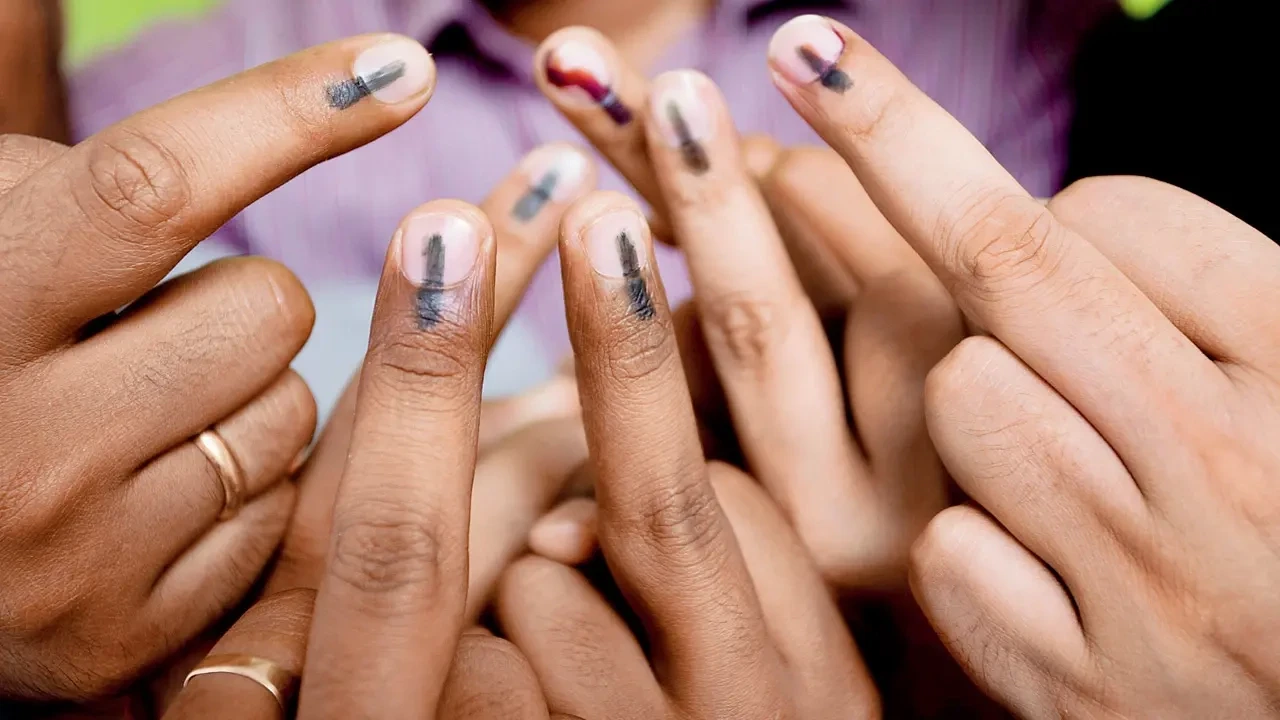The Commonwealth Human Rights Initiative (CHRI) has welcomed the (ECI) August 16 press note as a “long-overdue admission” that individual electors are equal stakeholders in maintaining the integrity of electoral rolls, an acknowledgement previously reserved largely for political parties.
However, CHRI has sharply criticised the commission for failing to address the systemic issue of accountability among electoral officials responsible for finalising faulty voter lists, calling the omission a glaring abdication of the ECI’s constitutional duty under Article 324.
CHRI Director Venkatesh Nayak noted that until now, political parties were treated as the sole interest groups in safeguarding roll integrity, while the role of ordinary electors was neglected. “This recognition by the ECI is a big change,” Nayak said. “For years, parties were the only recognised stakeholders, managing chauki-khatas and reviewing drafts. Now, at last, voters themselves are acknowledged as equal partners in this vital democratic process.”
Why it matters
Electoral rolls form the foundation of free and fair elections. They list eligible citizens, ensuring that every voter can exercise their franchise while preventing fraud. But for decades, India’s rolls have been plagued by duplicate entries, erroneous deletions, missing names, and incorrect details – leading to voter disenfranchisement, confusion at polling stations, and opportunities for malpractice.
Though complaints have poured in from citizens, parties, and civil society groups, these were often dismissed as “technical errors” or blamed on voters and party agents for not raising objections in time. The ECI’s latest note, for the first time, acknowledges that citizens are not passive participants but active stakeholders in ensuring clean rolls-a move Nayak described as an important step toward transparency and civic empowerment.
Transparency vs accountability
The press note explains how Electoral Registration Officers (EROs) and (BLOs) coordinate to prepare voter lists, which are then published in draft form for scrutiny by political parties and the public. “Maximum transparency is the hallmark of this process,” the ECI declared.
It also chided political parties for failing to adequately review rolls during the claims and objections period, saying: “Some parties and individuals have recently complained of mistakes, but the right time to raise objections is when the draft rolls are published.” While CHRI welcomed the recognition of voters’ rights, it underscored a glaring gap: the note does not address accountability for electoral officials who approve faulty rolls.
“Electoral officials at every level are responsible for accuracy. Yet, year after year, errors remain, with little to no consequences for those who fail in their duties,” Nayak said. “This silence amounts to an abdication of the ECI’s constitutional mandate under Article 324.”
Legal backing & civic responsibility
The Supreme Court has repeatedly upheld the ECI’s authority to revise rolls, affirming its final say in such matters. “With such massive power comes massive responsibility,” Nayak added. “The cannot simply blame voters or parties. It must also hold its own officials accountable.”
As India heads into a busy election season, the accuracy of the rolls will again be under scrutiny. For civil society groups, the ECI’s acknowledgement of voters as stakeholders is progress – but insufficient without systemic reform.
“Free and fair polls begin with correct, comprehensive, and accountable electoral rolls,” Nayak stressed. “Recognising voters’ role is necessary, but unless backed with accountability mechanisms, errors of exclusion, duplication, and manipulation will persist, no matter how many press notes the ECI issues.”
